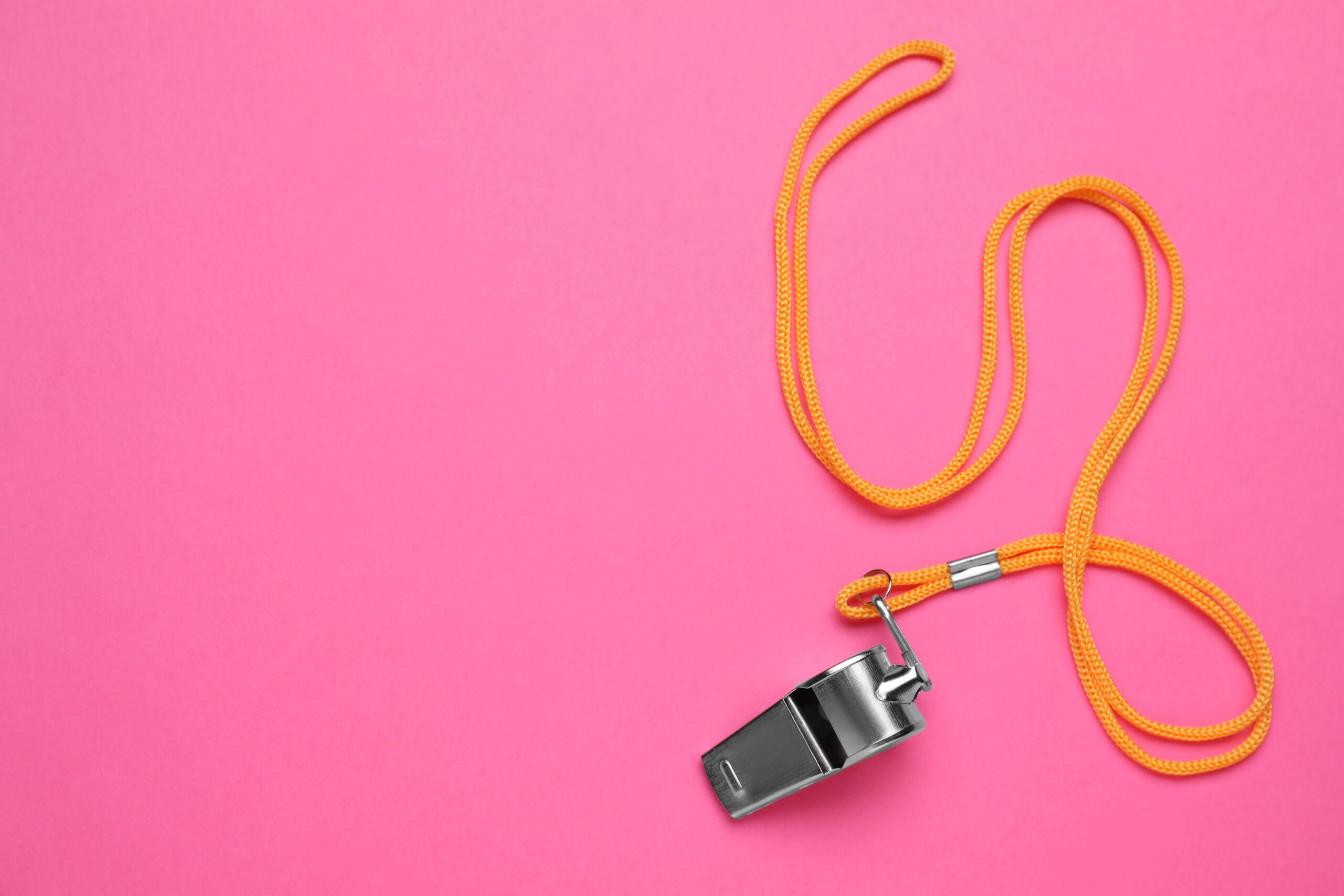Given the enormous financial stakes in the pharmaceutical industry, there is a significant incentive for companies to boost the sales of their products by any means necessary. Over the years, numerous pharmaceutical companies have been caught violating the Anti-Kickback Statute (AKS), which prohibits the exchange of anything of value to induce or reward the referral of services or products covered by federally funded health programs.
Companies may offer financial incentives, lavish gifts, or other benefits to healthcare providers to encourage them to prescribe their drugs over competitors’, thereby increasing their market share. This unethical behavior compromises the integrity of medical decision-making, prioritizing profit over patient care.
Considering the past record of similar violations within the industry, including cases of Ozempic fraud, it is not unreasonable to suspect that certain pharmaceutical companies might resort to such illegal practices to maintain their competitive edge.
Understanding the Ozempic Kickback Landscape
In the pharmaceutical world, kickbacks are basically any reward given to healthcare providers for prescribing a specific drug. This can be anything from cash payments and gifts to fancy dinners or even research grants. No matter how they come, they’re illegal under the federal Anti-Kickback Statute (AKS) because they can sway prescribing decisions, increase healthcare costs, and put profits ahead of patient care.
Ozempic’s big popularity and high price make it a prime target for these schemes. The promise of financial gain might push some healthcare providers to choose Ozempic over other equally effective but possibly cheaper treatments. This not only affects patient care but also strains healthcare systems and wastes taxpayer money.
The Power of Whistleblowers in Combating Ozempic Fraud
Whistleblowers are the unsung heroes in the fight against pharmaceutical fraud. Armed with insider knowledge, they can expose illegal activities that would otherwise remain hidden. The False Claims Act (FCA) provides a powerful legal framework for whistleblowers to report fraud against the government, including kickback schemes involving medications like Ozempic.
The financial incentives for whistleblowers under the FCA are substantial and can serve as a powerful motivator for reporting fraud. Specifically, whistleblowers can receive between 15% and 30% of the total amount recovered by the government in a successful lawsuit. The exact percentage depends on various factors, including the extent to which the whistleblower contributed to the case. Given that FCA settlements often amount to millions of dollars, the financial rewards for whistleblowers can be quite significant.
For instance, if a settlement reaches $100 million, a whistleblower could be entitled to anywhere from $15 million to $30 million. This sizeable reward underscores the importance of whistleblowers in uncovering and combating fraud, making them essential allies in the fight to protect public funds and ensure the integrity of healthcare systems.

Who Can Blow the Whistle on Ozempic Fraud?
Individuals who may be in a position to blow the whistle on Ozempic fraud include:
- Novo Nordisk Employees: Current or former employees with direct knowledge of illegal kickbacks, fraudulent marketing practices, or misrepresentation of Ozempic’s safety and efficacy. This includes sales representatives, marketing personnel, executives, scientists, or anyone involved in the drug’s development, promotion, or distribution.
- Healthcare Professionals: Doctors, nurses, pharmacists, or other medical professionals who have witnessed or been offered illegal kickbacks to prescribe Ozempic. They may also have knowledge of off-label marketing or other fraudulent practices related to the drug.
- Pharmaceutical Industry Insiders: Individuals working for other pharmaceutical companies or related organizations who have access to information about Novo Nordisk’s illegal activities concerning Ozempic.
- Patients or Their Families: Patients or their families who have experienced adverse effects or complications from Ozempic that were not adequately disclosed or may have resulted from fraudulent practices.
- Anyone with Direct Knowledge of Fraud: Any individual who has direct and independent knowledge of fraudulent activities related to Ozempic, regardless of their professional affiliation, can act as a whistleblower. This includes contractors, consultants, or even patients who have witnessed illegal practices.
Taking Action: What to Do If You Suspect Ozempic Kickbacks
If you work at Novo Nordisk or have knowledge of any suspicious activities related to Ozempic prescriptions, taking action is crucial. Here’s what you should do:
- Consult a Whistleblower Attorney: An experienced attorney specializing in False Claims Act cases can guide you through the process, protect your rights, and ensure your anonymity.
- Gather Evidence: Collect any documents, emails, or other evidence that can support your allegations.
- File a Qui Tam Lawsuit: With the help of your attorney, you can file a qui tam lawsuit under the FCA, allowing the government to investigate and potentially join the case.
The allegations of illegal kickbacks in the Ozempic market highlight the vulnerability of the healthcare system to unethical practices. Exposing such activities is essential for maintaining the integrity of medical prescriptions, ensuring patient safety, and protecting public funds. Whistleblowers play a critical role in this endeavor. If you have information about these activities, your willingness to come forward can make a significant difference in upholding justice and accountability in the pharmaceutical industry.


